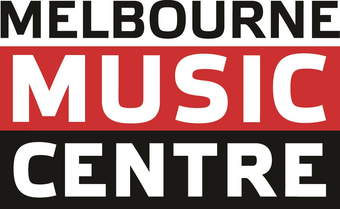Whether you want to casually interpret some rock and roll bangers or gentle folk numbers, buying your first guitar to get you there can be daunting if you don't know the basics. This articles covers the more important things you need to consider and will help to make sure you get the right guitar for your needs.
Buying your first guitar whether it is a bass or travellers guitar - the basics are:
1, Instrument size
What size you are will determine what size guitar you should purchase. You want to find a size that feels comfortable on your lap. There are a few different sizes to choose from including small parlour style, small body, dreadnought and jumbo.
2, Playing Action
The action is the distance between the string and the fretboard. If that distance is too high it’s going to be too hard for you to press down and make the chords that you are going to need to learn. Look for a guitar with a comfortable and reasonable playing action.
3, Buzzy frets
You want to make sure there are no buzzy frets on the guitar. You don’t want any unclear or muffled notes.
4, Intonation
The intonation is how well the guitar will plays in tune. If a guitar isn’t made properly or accurately it can sound not quite in tune. You don’t want to go to the trouble of putting a lot of effort into learning to play and getting frustrated because things don’t sound quite right.
5, Structure
The structure is how well the guitar is built. You want to look at the top of the guitar and make sure it’s nice and flat. Make sure there are no bulges, pits or valleys. Also, behind the bridge, if the guitar is raised, you can feel a lump there if the bridge is under any pressure. This happens when the bridge is coming up towards the machine head under the pressure of the strings, resulting in a lump near the back of the guitar. You want to make sure you don’t have any of that.
6, No Cracks
Run your eyes over the guitar and make sure there are no hairline cracks on the guitar that could open up over time.
7, Tuners
The very basic tuners are exposed with a cog with a worm thread. They work ok in the short term but can tend to get dirt inside of them and wear out quickly. The more enclosed variety, or the geared/die cast machine head, is a good way to go because you will get smoother tuning and they tend to last for a long time.

